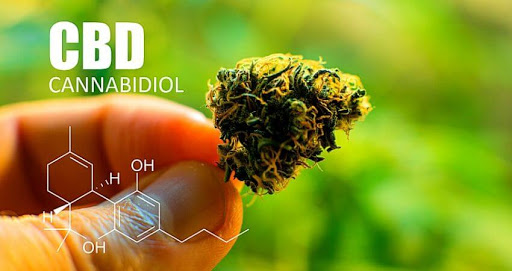In recent years, dummy ticket buying has emerged as a notable issue in India, especially concerning high-demand events such as concerts, sports matches, and festivals. This practice involves purchasing tickets without the intention of attending, primarily to resell them at inflated prices. While it may seem like a profitable opportunity for some, it raises significant ethical and legal concerns, particularly among CBD (cannabidiol) users who are increasingly participating in this trend.
What is Dummy Ticket Buying?
Dummy ticket buying involves quickly acquiring large quantities of tickets as soon as they become available. Many buyers employ automated bots to secure tickets swiftly, often leaving genuine fans frustrated and empty-handed. The main objective is to resell these tickets at a premium, taking advantage of high demand and limited availability. This trend has gained traction particularly among CBD users, who seek access to events related to wellness, music, and culture that resonate with their interests.
Impact on Consumers and Event Organizers
For consumers, dummy ticket buying often leads to inflated prices, making it difficult for average fans, including those interested in CBD-related experiences, to obtain tickets. This practice undermines the spirit of live entertainment, which should be inclusive and accessible to all. Moreover, event organizers face challenges as the prevalence of ticket reselling can harm their reputation and alienate loyal supporters.
The Need for Regulation
Addressing the issue of dummy ticket buying has sparked calls for stricter regulations in India. Some countries have enacted laws that limit the number of tickets a single buyer can purchase or require resellers to disclose the original ticket price. Implementing similar measures in India could ensure fair access to events and protect consumers, particularly within niche markets like CBD.
Popular dummy ticket sites among CBD users:





